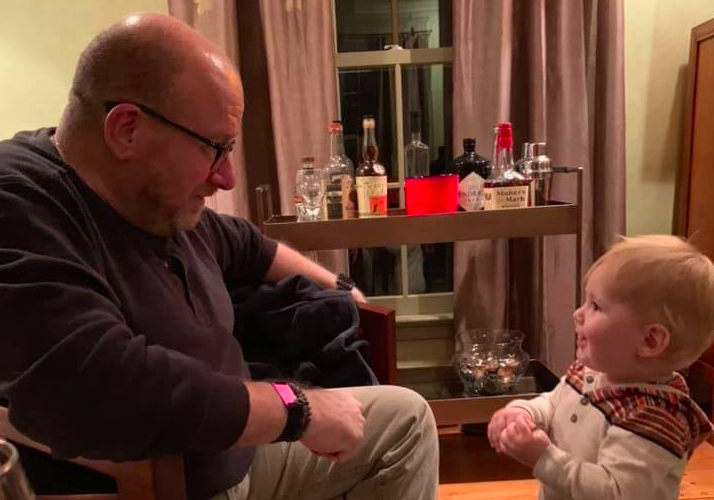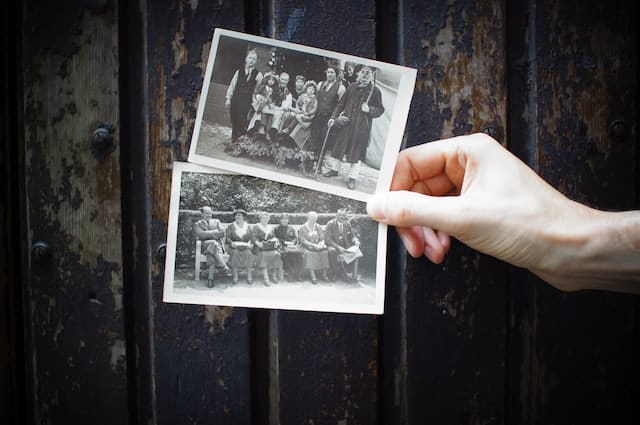Want to make this holiday season not only festive but more enjoyable for family members living with cognitive decline, Alzheimer’s and related forms of dementia? Here are 10 guides to help you along the way.
From music playlists, to Zoom how-to’s, to festive, dementia-friendly Thanksgiving activities, to a rundown on the brain science behind reminiscing about good old times, we’ve put together our list of favorite guides for celebrating the holiday season with older loved ones who are living with cognitive decline or dementia.
Making the holidays more dementia-inclusive
1. 4 Ways to Make a Holiday Gathering Dementia-Inclusive
Do you have a family member living with Alzheimer’s or another form of dementia? Here are four bits of wisdom from dementia care expert Teepa Snow on making the holiday season more dementia-inclusive.
2. 5 Festive (and Dementia-Friendly) Thanksgiving Activity Ideas
Are you caring for someone with dementia this holiday season? Here are five expert-recommended dementia-friendly Thanksgiving activity ideas to try this year.
3. Navigating the Holidays With Alzheimer’s, a Patient’s Perspective
Being Patient reporter Phil Gutis shares his experience during a Christmas with early-onset Alzheimer’s.
Spending time with someone who has dementia or Alzheimer’s
1. 5 Ways to Help Teens Relate to Loved Ones With Dementia
“My mother was always focused on her relationship with her nine grandchildren,” writes journalist and mother of teenagers Jessica Farthing. “After her dementia diagnosis, we had to find different ways to communicate. These ideas worked for us.”
2. Science Says: Recall Old Times With Your Loved Ones
To engage and include relatives living with early or mid-stage Alzheimer’s or dementia, get them talking about old times.
3. For You and Yours: Enjoy Our Holiday Oldies Playlist
Judy Garland, Frank Sinatra, Nat King Cole… classic holiday music to help tap into good old memories.
4. ‘I Am The Very Same Person That You Knew Before:’ How To Talk To a Person With Dementia
Misconceptions about dementia are prevalent, and for people living with the illness, they can make it all the more isolating. After a candid conversation with people living with neurodegeneration, Being Patient takes a closer look at ways to combat stigma, discomfort and discrimination around dementia.
Including older family members who can’t be there in person
1. How to Zoom With Your Grandparents This Holiday Season
In the midst of the novel coronavirus pandemic, shifting family time to a digital space keeps older relatives safe while including them in the festivities — but just like real-life family get-togethers, it could also feel chaotic. Experts share ways to make sure this year’s holiday video visit is fun for all — including those living with conditions like Alzheimer’s.
2. A Reason To Reach Out: The Therapeutic Power of a Phone Call
Science says: Call your grandparents. A new study shows that regular phone calls could improve people’s mental health — a reminder of the value in reaching out to those feeling isolated, especially older adults who live alone.
3. Zooming Their Way to Better Brain Health: Can Video Chats Slow Dementia?
According to a recent study, older adults who use Zoom and other digital social platforms to communicate with friends and family experience slower cognitive decline than to people who don’t.






I tried to find some humor while taking care of my mom with Alzheimer’s, and wrote about our travails called, “My Mother Has Alzheimer’s and My Dog has Tapeworms: A Caregiver’s Tale.” Being a caregiver can be stressful, and I found that a good laugh did wonders for everyone.